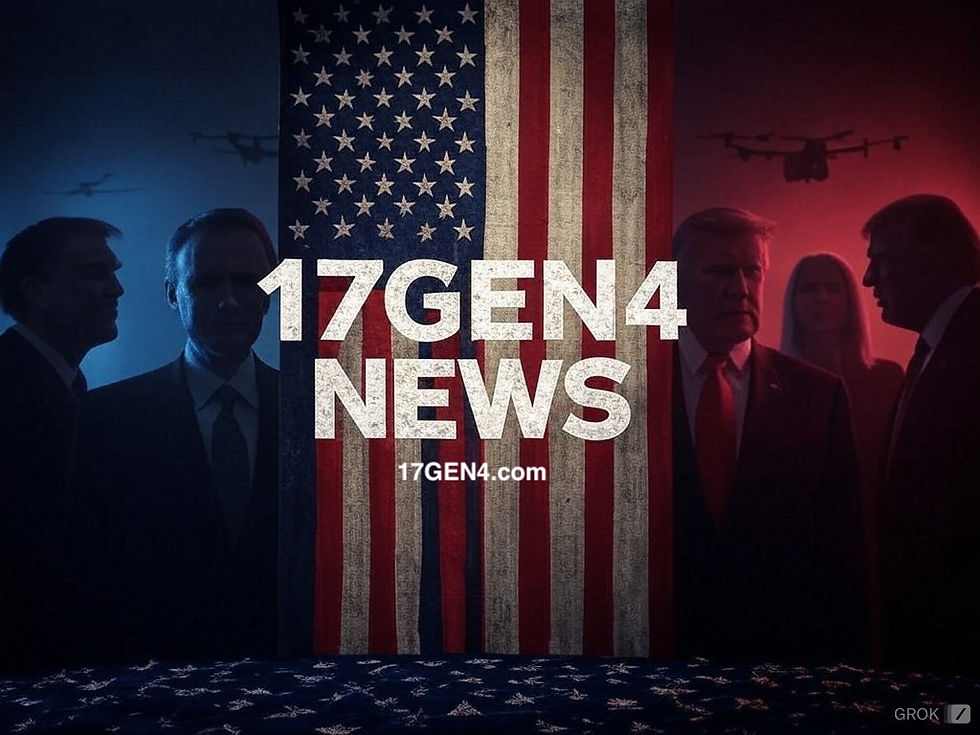Uber and Lyft support congestion pricing
- 17GEN4

- Jan 6
- 2 min read
Uber and Lyft have supported congestion pricing in several ways, particularly by engaging in lobbying efforts and contributing financially to campaigns that promote the policy.
Lobbying Efforts: Both Uber and Lyft have spent significant amounts on lobbying to push for the legalization of congestion tolling. For instance, Uber spent approximately $2 million from 2015 to 2019 to promote congestion pricing in New York City, with around $1 million of that going to some of the city's top lobbyists. This financial backing was aimed at persuading key city and state officials to approve congestion pricing, which would introduce a toll for vehicles entering certain congested areas, like Manhattan below 60th Street. Lyft also contributed to this cause, although specific amounts for lobbying are less clear as their lobbyists worked on multiple issues simultaneously. However, Lyft has given $18,500 to Governor Kathy Hochul's campaign over the past four years, which could be indicative of their support for policies like congestion pricing.
Financial and Political Support: The companies have also supported political figures who are likely to enforce or advocate for congestion pricing. Lyft, for example, spent $125,000 on state campaigns of those who would enforce congestion pricing, indicating a strategic investment in political figures who could push this agenda forward.
Policy Endorsement and Public Statements: Publicly, both companies have expressed support for congestion pricing, arguing that it could lead to positive impacts on urban mobility by reducing the number of cars on the road, which aligns with their business model of offering alternatives to personal vehicle use. Uber, for instance, has stated that congestion pricing could help ensure travelers have efficient means to get from point A to B, possibly encouraging more use of their services for those who do not want to drive into congested areas. Lyft has similarly endorsed congestion pricing, insisting on an equitable approach to its implementation.
Impact on Business Model: From a business perspective, congestion pricing could benefit Uber and Lyft by increasing demand for their services. As private car owners might be deterred by the additional cost of driving into congestion zones, more people might opt for rideshare services. This is reflected in the argument that the additional costs from congestion pricing would be passed onto consumers, potentially without significantly impacting the companies' bottom line as they could adjust pricing accordingly. However, this has been met with criticism, suggesting that such policies might not truly address congestion but instead benefit big tech companies like Uber and Lyft by allowing them to pass costs onto riders while potentially increasing their market share. 17GEN4.com


Comments